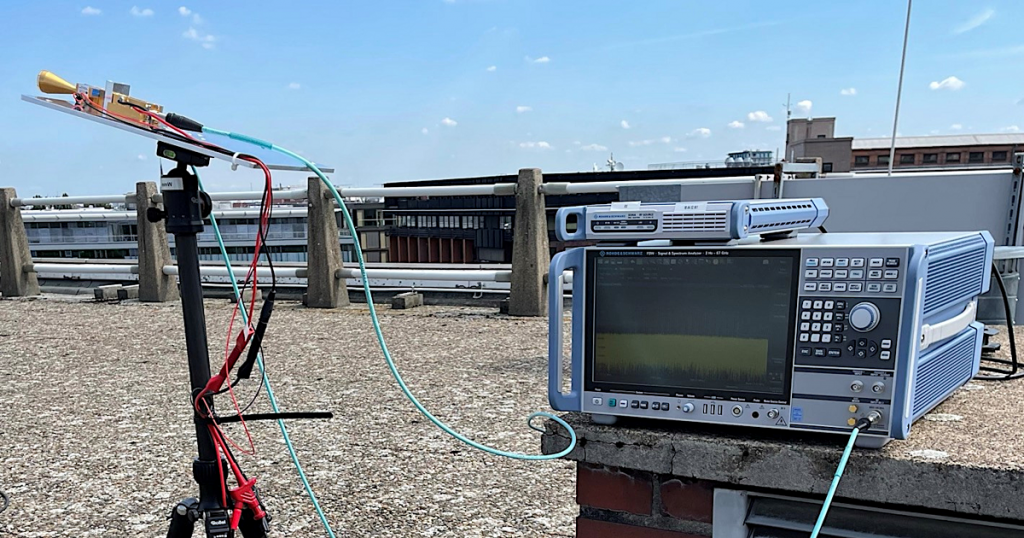You know how sometimes you can leave one career for a new one and suddenly flourish because you’re doing something you’re interested in? That seems to be what’s happening to South Korean tech-maker LG, which claims to have demonstrated 6G wireless transmission using the terahertz (THz) spectrum in Berlin.
Hey LG, that doesn’t terahertz as much as we thought it would
Besides opting to invest in making screens for those pocketable devices it no longer makes, LG has put some of its effort into developing 6G technology. Never mind the fact that most of us don’t really have 5G yet, the South Korean company says that it demonstrated “…transmission and reception of wireless 6G terahertz (THz) data over 100 meters in an outdoor setting” this month.
This was achieved with the assistance of the Fraunhofer-Gesellschaft research lab, and saw data being transmitted between the Fraunhofer Heinrich Hertz Institute (HHI) and the Berlin Institute of Technology on 13 August this year.
Which is a fairly big deal. Signals in the terahertz band are short and frequently break down between transmission and being received, which called for an amplifier “…to generate a stable signal across ultra-wideband frequencies”. LG, Fraunhofer HHI and the Fraunhofer Institute for Applied Solid State Physics (IAF) developed such an amplifier for this test, which generates “…stable signal output up to 15 dBm in the frequency range between 155 to 175 GHz.”
LG also demoed adaptive beamforming and high gain antennae switching during its test, which are fancy wireless technologies that you probably don’t need to know the exact workings of. At least, not until 2029 when 6G (according to LG, at least) will start to be commercialised.
The company reckons that 6G will be “…a key component of Ambient Internet of Everything, the emerging technology that aims to improve living and business environments by making them more sensitive, adaptive, autonomous and personalized to consumers’ needs by recognizing human presence and preferences.” In other words, all your devices (and most other devices) will track you in order to make life as comfortable as possible. Promise.




